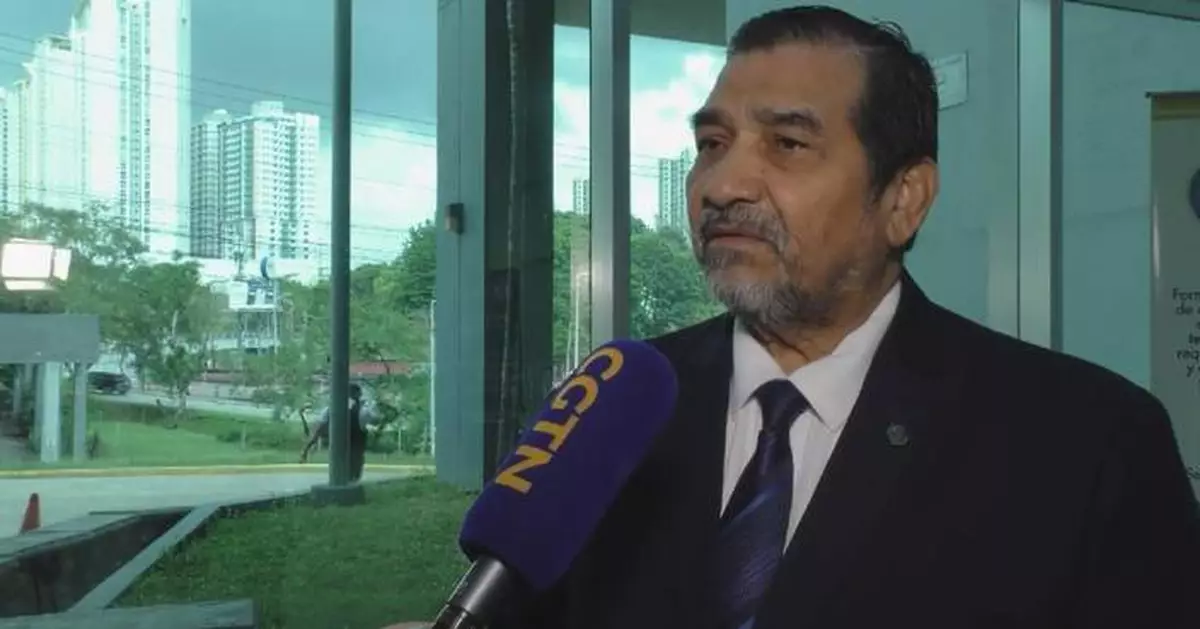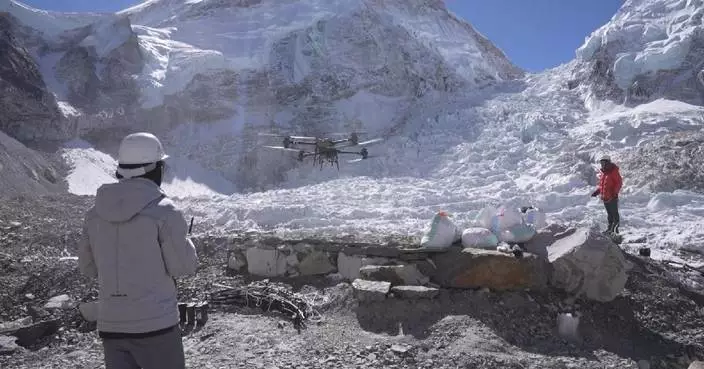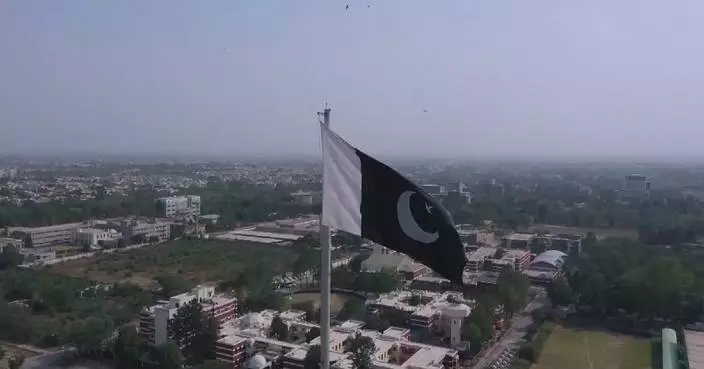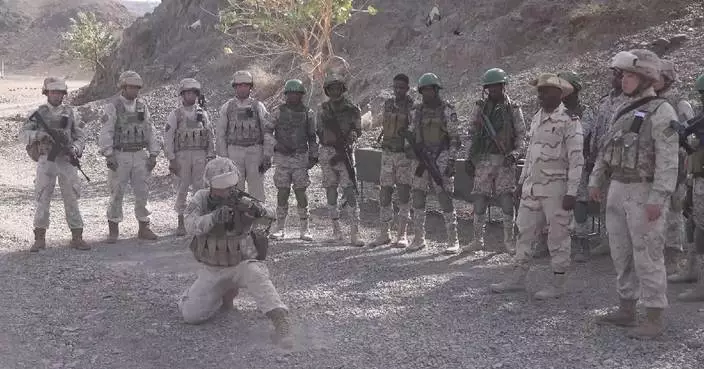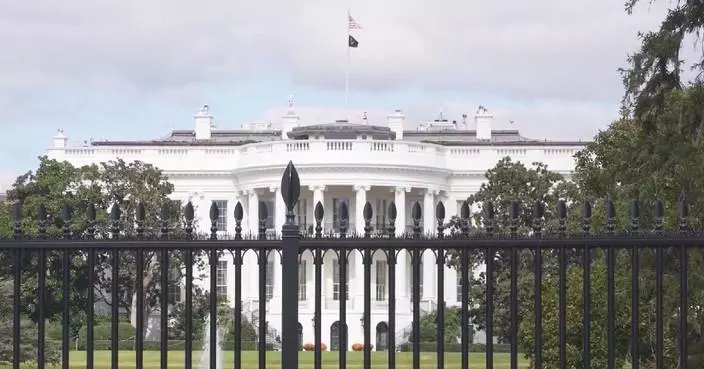The sweeping U.S. tariffs are drawing sharp criticism from global economists and industry observers, who warn the measures could disrupt global trade, fuel inflation, and deepen economic uncertainty - particularly for emerging economies.
U.S. President Donald Trump signed an executive order last Wednesday, imposing a 10-percent "minimum baseline tariff" on all imports, with elevated rates for specific countries. The impact of the policy has continued to ripple across the globe.
"Under the new U.S. tariff policies, the global economic balance has been disrupted. Developing countries will be directly affected, especially those engaged in imports and exports with the U.S.," said Mustafa Akram Hantoosh, a researcher of economic management at Mustansiriya University.
Kenyan economist James Shikwati echoed the concerns, saying that the policy is strategically aimed at slowing down emerging economies.
"I think basically what America is trying to do is to disorganize rivals because basically, it's noticing that there are other emerging economies that are proving to be more efficient, more effective on how they do their production, how they also do their trading globally. So it's looking at tariffs as a tool that can disorganize other competitors," said Shikwati.
Critics also argue that the tariff policy marks a pivot away from globalization and toward a more protectionist stance that could have wide-reaching consequences.
"The U.S. tariff policy deviates from the principles of globalization established by the World Trade Organization (WTO) and shifts toward de-globalization. This will lead to a rise in global prices, an unknown scale of global inflation, and economic recessions in some countries," said Olmedo Estrada, dean of the Business School of Latin American University of Panama.
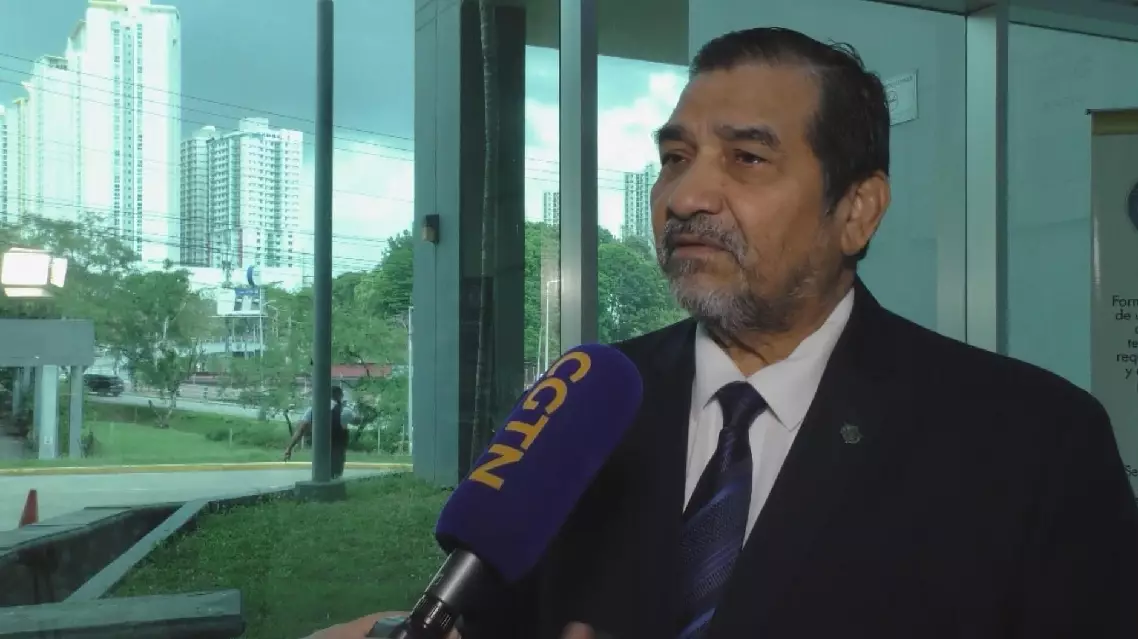
Sweeping US tariffs deepen economic uncertainty, particularly for emerging economies: int'l observers
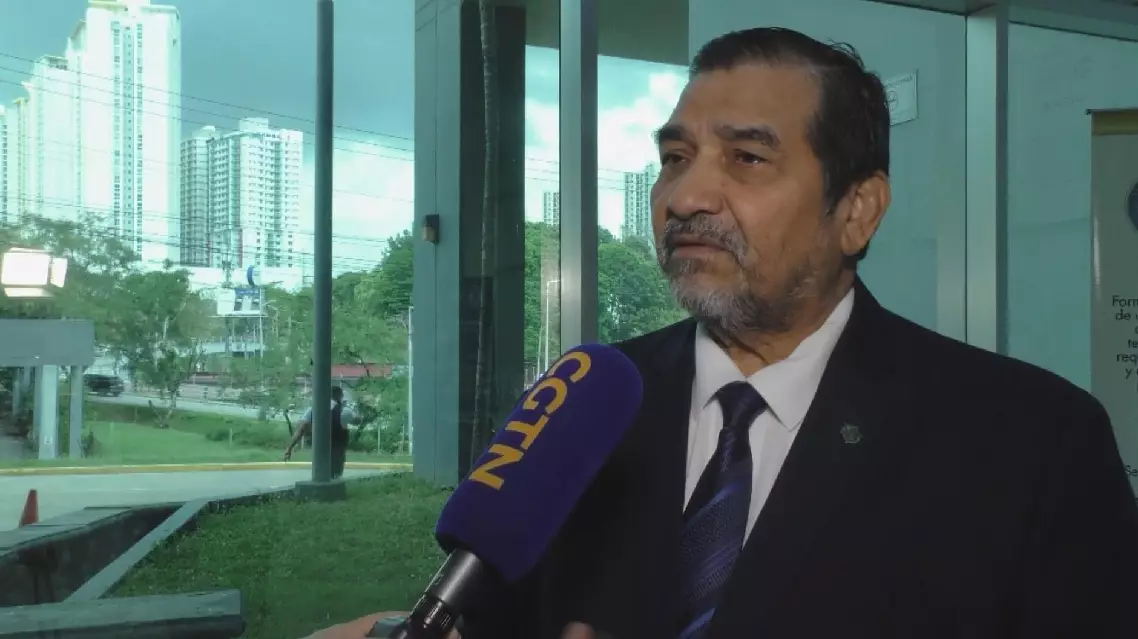
Sweeping US tariffs deepen economic uncertainty, particularly for emerging economies: int'l observers
Tensions between Pakistan and India have forced many tourists to give up their trip to the famous Neelum Valley in the Pakistan-administered part of Kashmir.
Neelum Valley is vulnerable to military operations as it is located less than three kilometers away from the Line of Control, which is deemed the border dividing the India-controlled and Pakistan controlled parts of Kashmir.
Many tourists had to halt their trip at the popular Dhani Waterfall as local authorities issued a ban on entering the Neelum Valley, disappointing those who had long been eager for the tourist attraction and driven for hours to get there.
"Firstly, they shouldn't have let the tourists enter Kashmir from Kohala. It wasted a lot of their time. Now they are asking them to turn from the Neelum checkpost," said Mubashir Ali, a local resident.
The security concerns have also emptied guest houses and hotels in the valley, affecting local tourism and people's livelihood a lot.
Tensions between the two South Asian neighbors have escalated following a deadly attack on tourists in the India-controlled Kashmir town of Pahalgam on April 22, in which at least 25 people were killed, according to Indian media reports.
India has accused Pakistan of involvement in the attack, an allegation Pakistan has strongly denied.
On April 23, the Indian government announced several measures against Pakistan, including the suspension of the Indus Waters Treaty, border closure, and the expulsion of Pakistani personnel.
India's Ministry of External Affairs announced on April 24 that it would suspend all categories of visas for Pakistani nationals starting immediately, and advised Indian citizens against traveling to Pakistan.
In response, Pakistan announced countermeasures against India on April 24, including closing down the Wagah Border Post, suspending certain visa facilities for Indian nationals, declaring the Indian Defense, Naval and Air Advisors in Islamabad persona non grata, closing Pakistan's airspace for all Indian airlines, and suspending all trade activities with India.
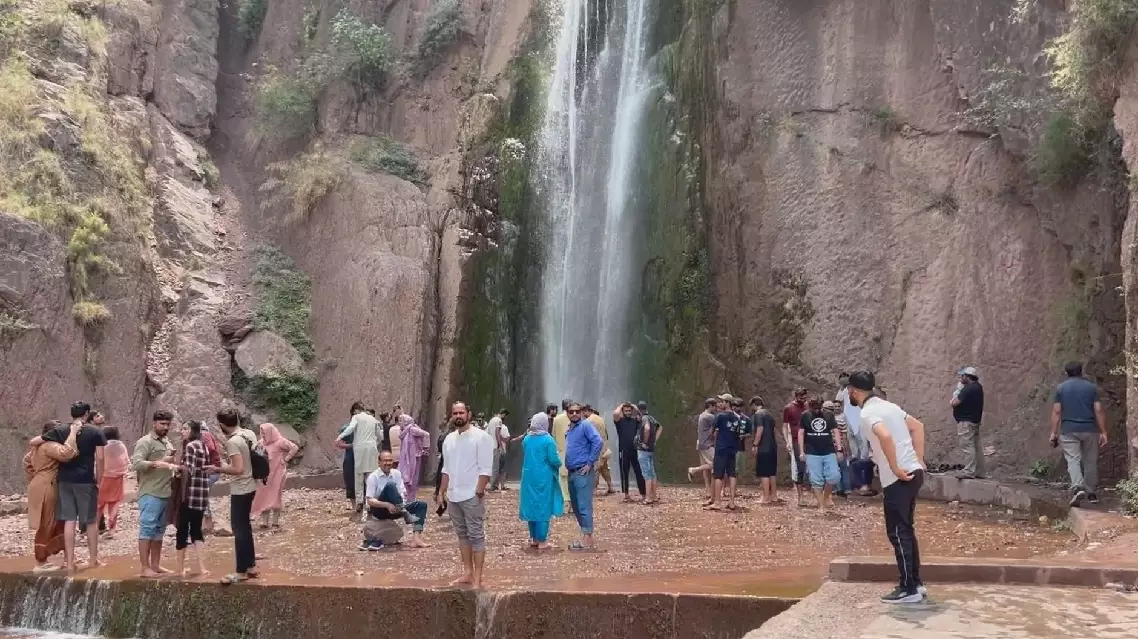
Pakistan-India tensions force tourists to give up exploring Neelum Valley




